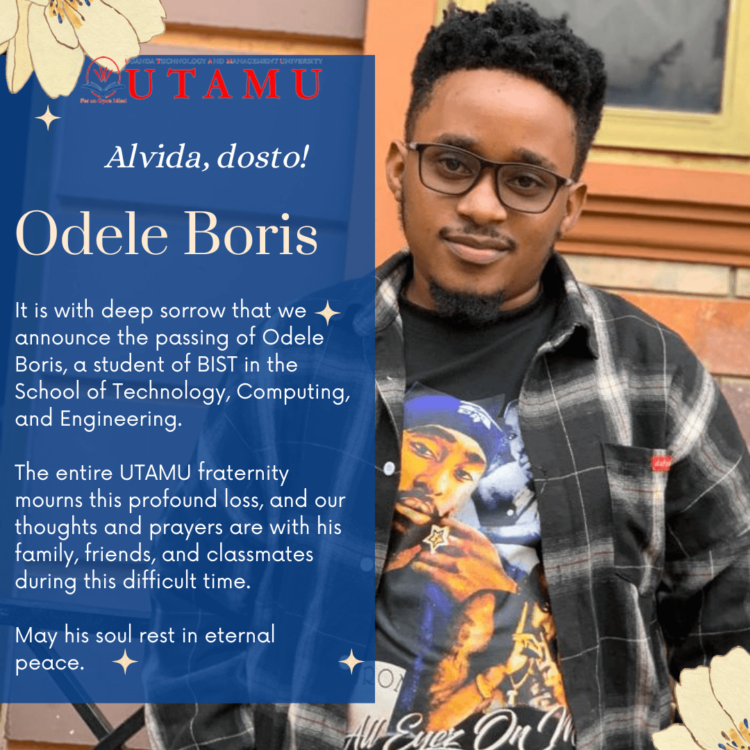The act of appreciation has been central to human and institutional existence from time immemorial. Appreciation is an expression of thankfulness or in other terms gratefulness for a service, an offer or any kind or thoughtful act. It is undoubtedly essential to relationship building, strengthening, instilling confidence and trust amongst persons and institutions alike. In the simplicity of its application or failure to do so deliberately or otherwise, it has the power to create and sustain or strain human relations.
A thankful spirit gives birth to hope, inspiration, determination, oneness and happiness among other rewards. As well, is the fact that the act of appreciation nurtures a spirit of appreciation in the receiving party. In this way, it becomes a double reward action of reciprocity creating a continuous cycle leading to growth, development, stability and ultimately sustainability of institutions and human relationships.
Mankind is by nature inspired to be result oriented not because of set rules and regulations or expected pay but by experiencing a feeling of appreciation, recognition and value. A desire to do more or to be better often arises from recognizing one’s contribution and expressing that recognition outwardly through appreciation either by word or actions.
In the context of institutional existence many employers are losing valuable time and money because of uncommitted and uninspired employees who do not feel appreciated, recognized and valued. Flipping the other side of the coin, other institutions are using their time effectively, efficiently and productively because of adherence to the basic principles of expressing gratitude.
Appreciation comes in various forms some of which are staff giftings, employee parties, recognition of hardworking employees which encourages others to work hard and to be recognized, salary increments, promotions, expressing care to those you work with, having a listening ear, having an open mind because employees can have great ideas that do not need to be suffocated. These among others are some of the tools that institutions apply to encourage, inspire and direct their teams to be result oriented. These acts lead to an increase in work-time allocation, a commitment to deliver, loyalty and a love for the job. To do this is a staff retention mechanism for almost all institutions desirous of stability and growth.
At UTAMU, I was so much pleased to witness this act of gratitude when the Head of the COVID Taskforce Dr. Okwadi Tukei appreciated the least expected staff members for ensuring health safety and protection are maintained at the university. This act in its simplicity and thoughtfulness was very inspirational to us who witnessed and to those that received tokens of appreciation. Today they continue to stand out to be a committed team in fulfilling their duties.
Henceforth, I call upon all of us to make appreciation an effortless habit to sincerely thank, recognize and value those around us where it is due because the rewards are much more than the act.



